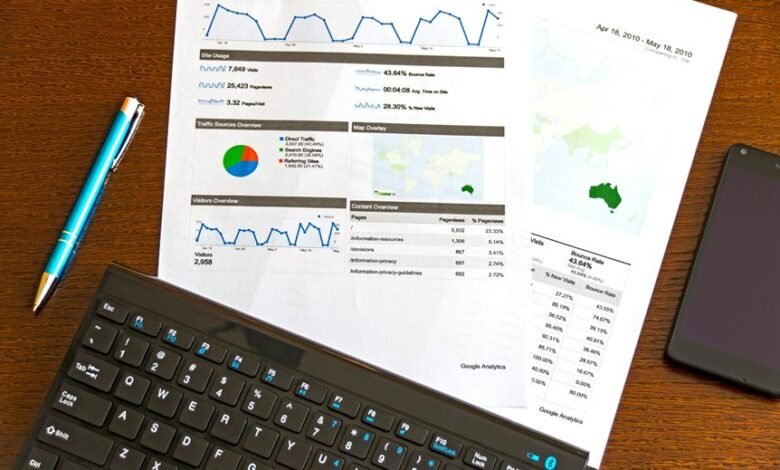Mastering Marketing Performance With Technology 3511203319

Mastering marketing performance with technology is essential in today’s competitive landscape. Organizations increasingly rely on data-driven decision-making to refine their strategies and enhance customer engagement. Automation plays a pivotal role in streamlining operations, allowing teams to prioritize innovation. However, the effectiveness of these approaches hinges on the right tools and the ability to measure ROI accurately. Understanding these dynamics will determine how businesses navigate the complexities of modern marketing. What strategies will emerge as the most effective?
The Importance of Data-Driven Decision Making
While many organizations still rely on intuition and tradition, data-driven decision making has emerged as a critical strategy in marketing performance.
By prioritizing data accuracy and employing predictive analytics, businesses can uncover actionable insights that drive effective campaigns.
This strategic approach empowers marketers to make informed choices, enhancing their ability to adapt in a rapidly evolving market and ultimately achieve greater success.
Leveraging Automation for Enhanced Efficiency
Data-driven decision making lays the groundwork for integrating automation into marketing strategies, streamlining processes, and enhancing operational efficiency.
By embracing automation benefits, organizations can achieve significant process optimization, reducing manual effort and increasing responsiveness.
This strategic shift allows marketers to allocate resources more effectively, focus on high-value tasks, and ultimately drive better results while enjoying the freedom to innovate and adapt in a dynamic environment.
Tools and Technologies Shaping Marketing Strategies
How can organizations effectively harness the latest tools and technologies to reshape their marketing strategies?
By embracing AI integration and leveraging marketing analytics, businesses can gain profound customer insights.
Social media platforms facilitate real-time audience segmentation, enabling precise targeting.
Furthermore, content optimization techniques enhance engagement, ensuring that messages resonate with consumers.
Together, these tools empower organizations to create agile and impactful marketing strategies.
Measuring ROI: Key Metrics and Analytics
Effective utilization of advanced tools and technologies requires a robust framework for measuring return on investment (ROI).
Establishing clear ROI benchmarks is essential for effective analysis. Key performance indicators, such as customer acquisition cost and lifetime value, provide vital insights into marketing effectiveness.
Conclusion
In the rapidly evolving landscape of marketing, harnessing technology is akin to wielding a double-edged sword; it offers both opportunity and challenge. Organizations that prioritize data-driven decision-making and embrace automation can streamline their operations and enhance engagement. By integrating cutting-edge tools and consistently measuring ROI, marketers position themselves to navigate complexities with agility. Ultimately, mastering marketing performance through technology is not merely a trend, but a strategic necessity for sustained success in a digital age.




